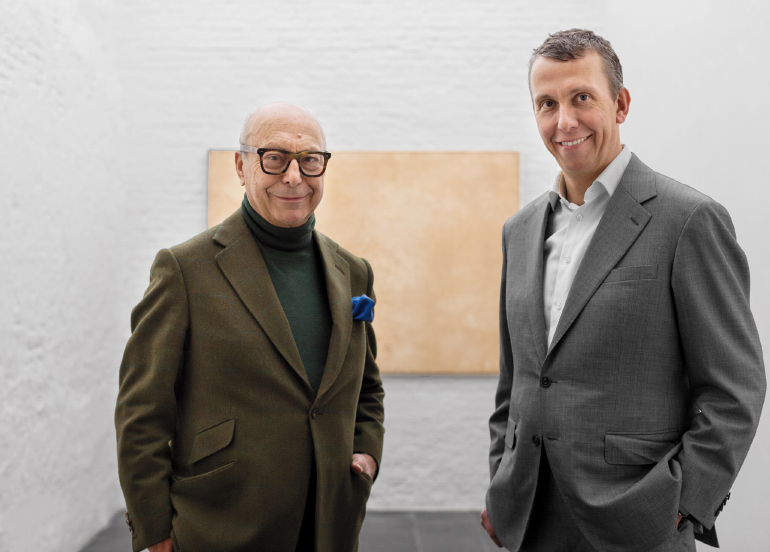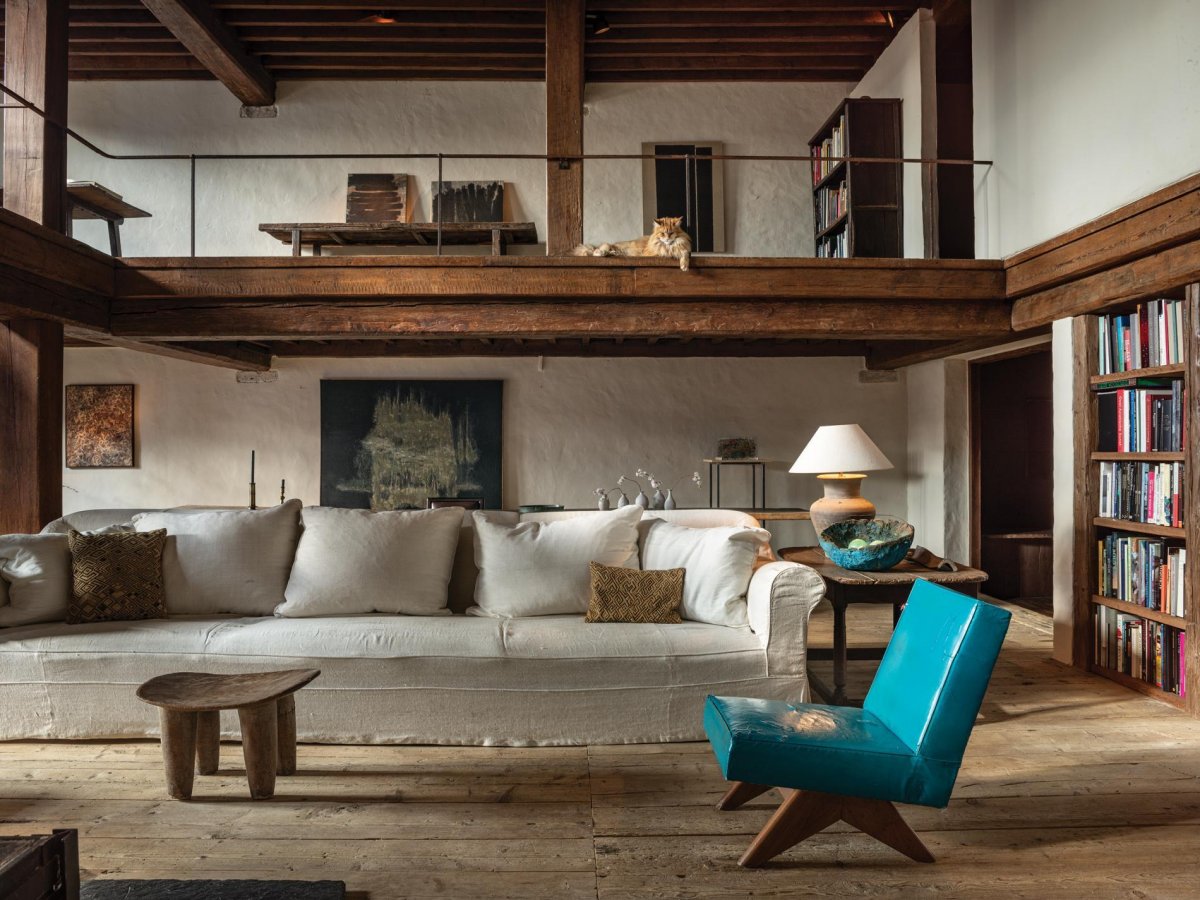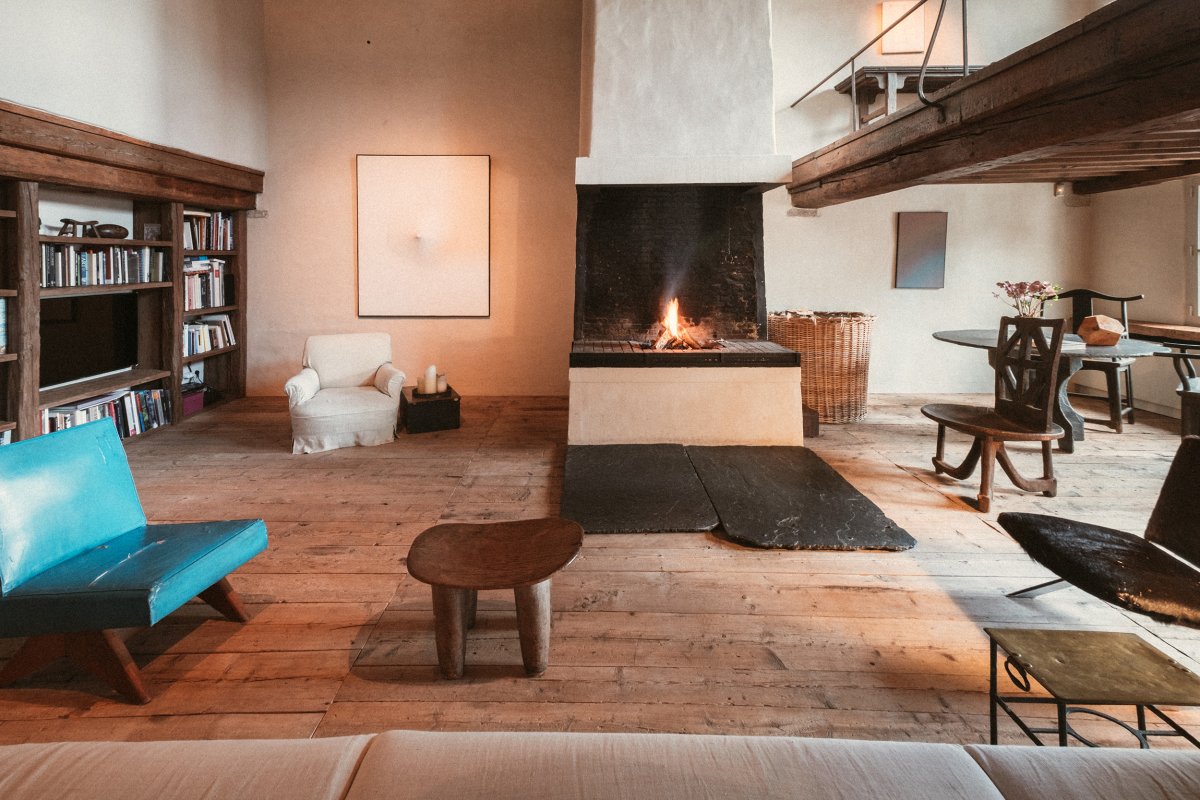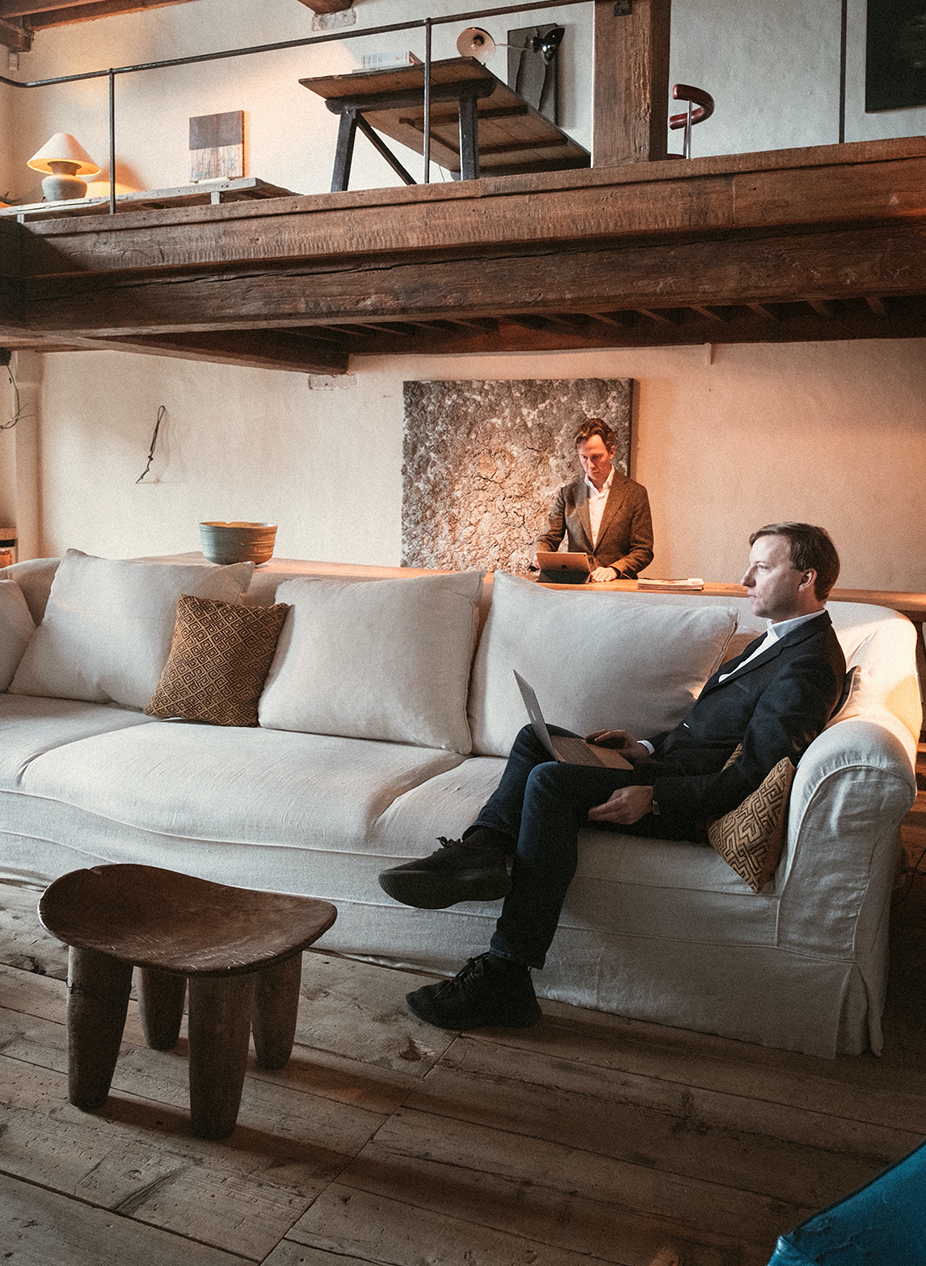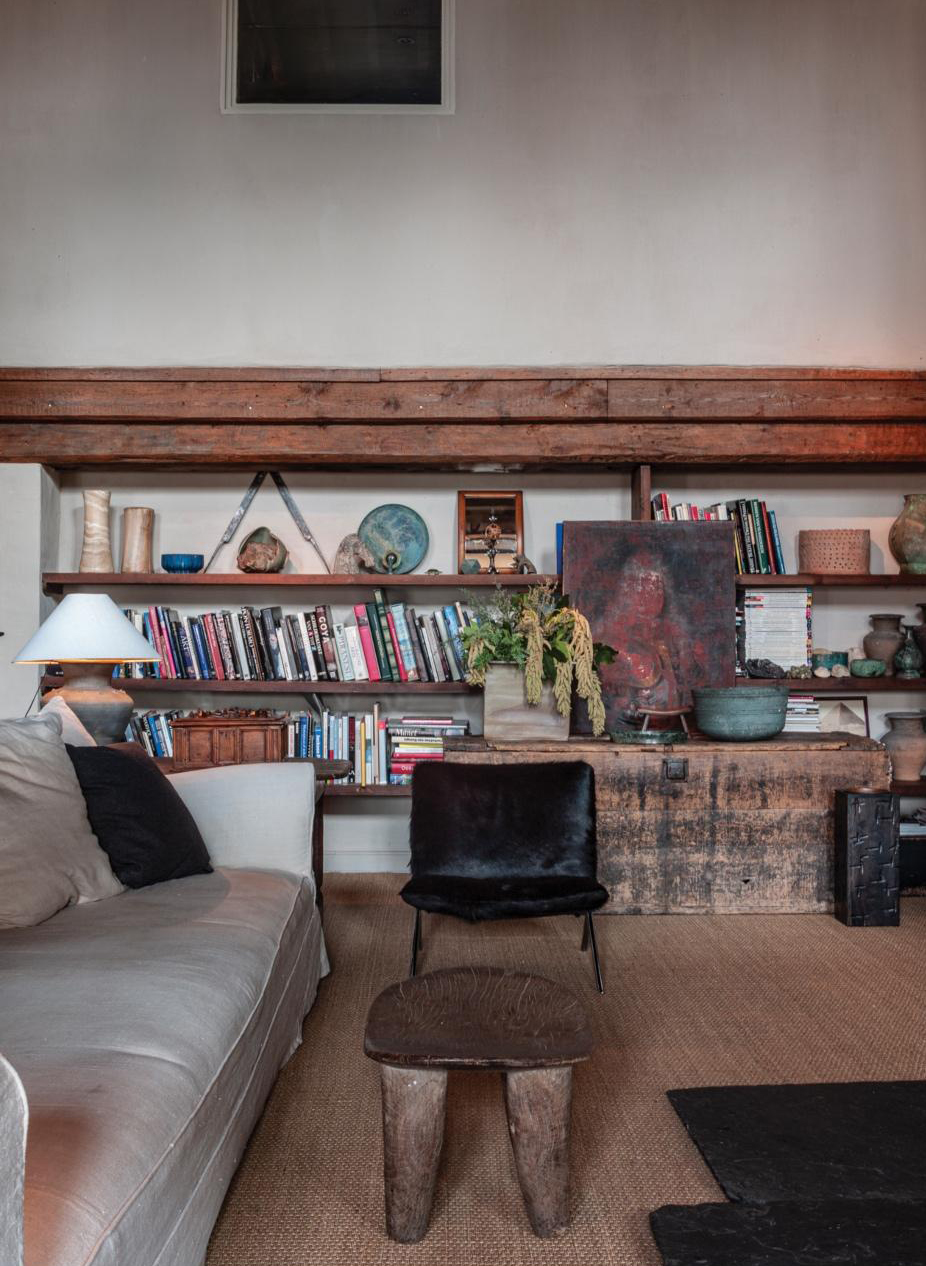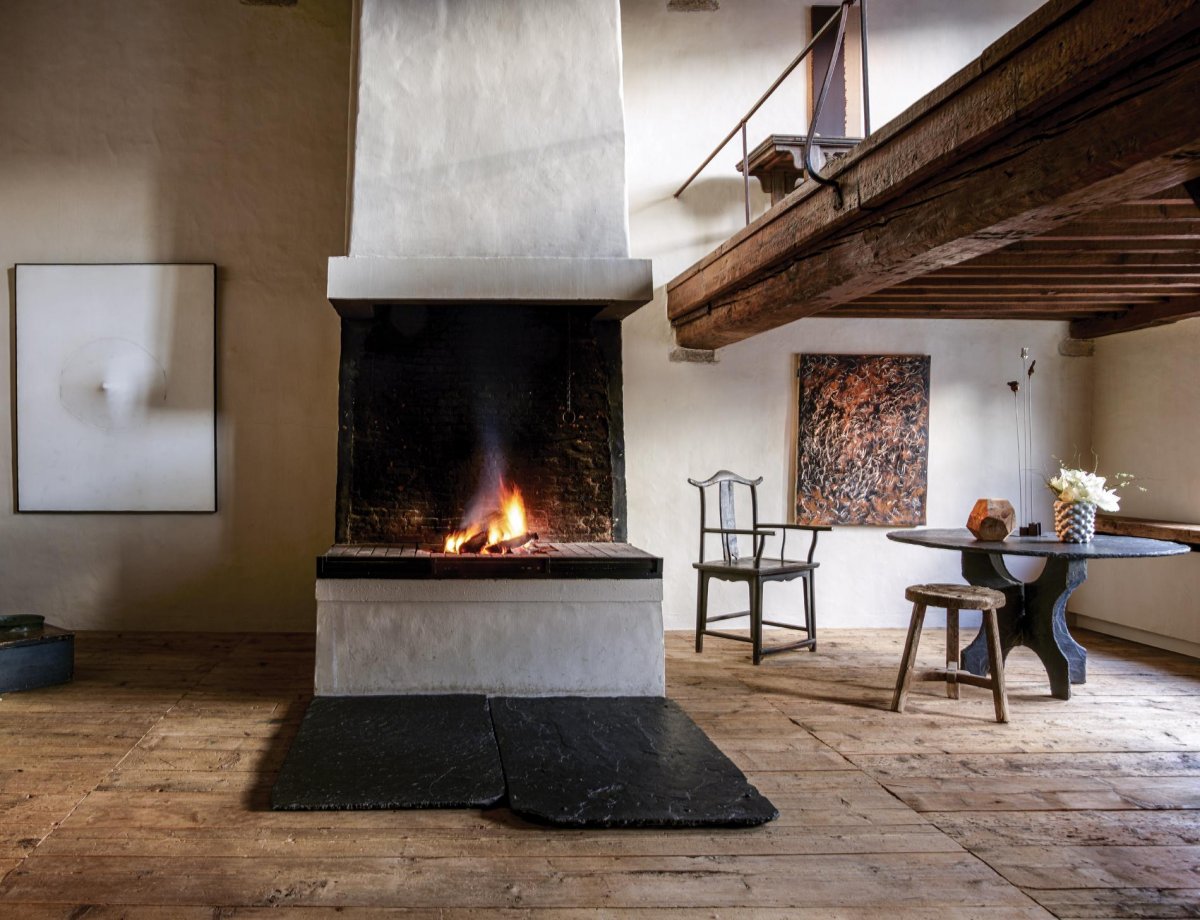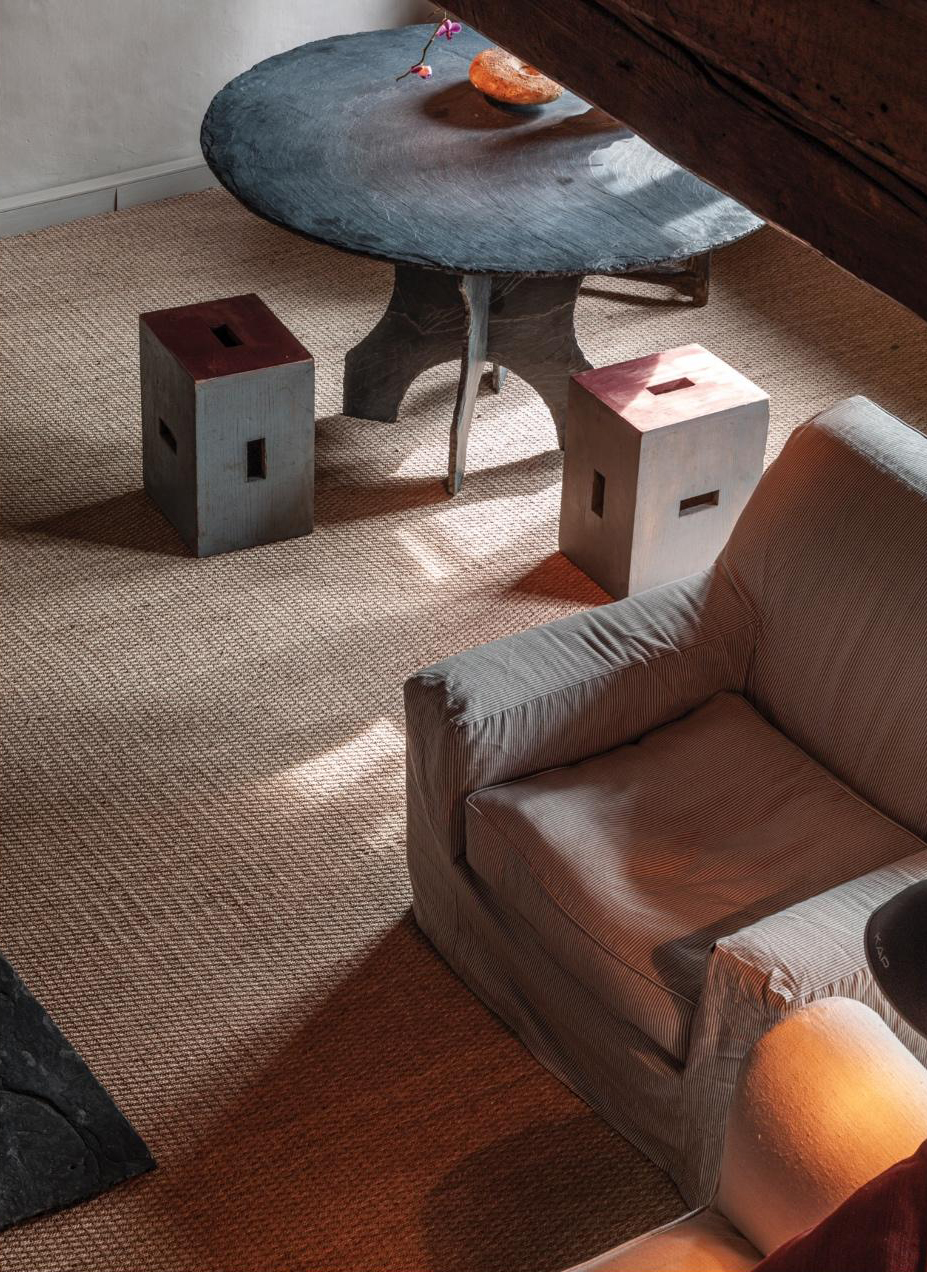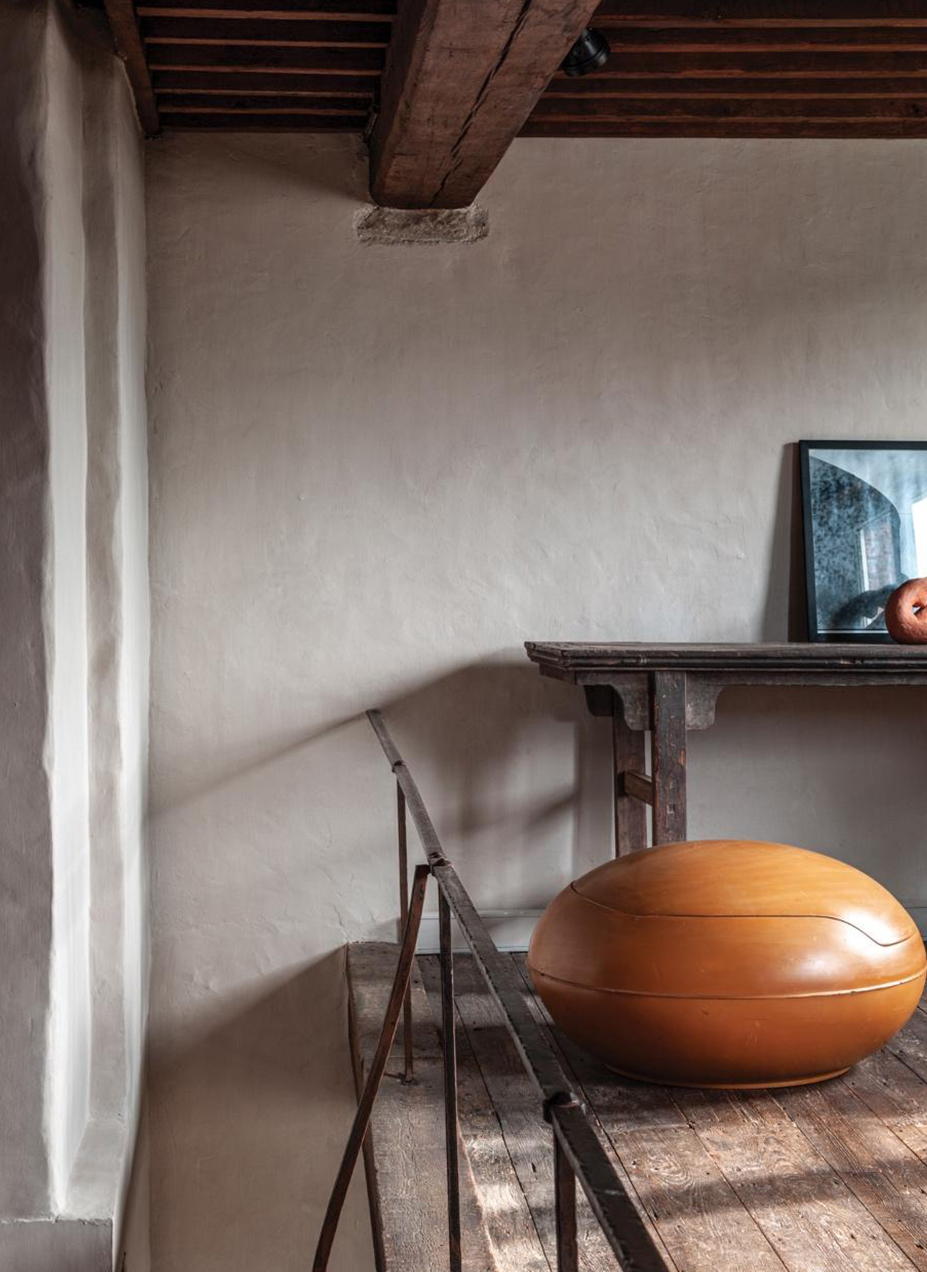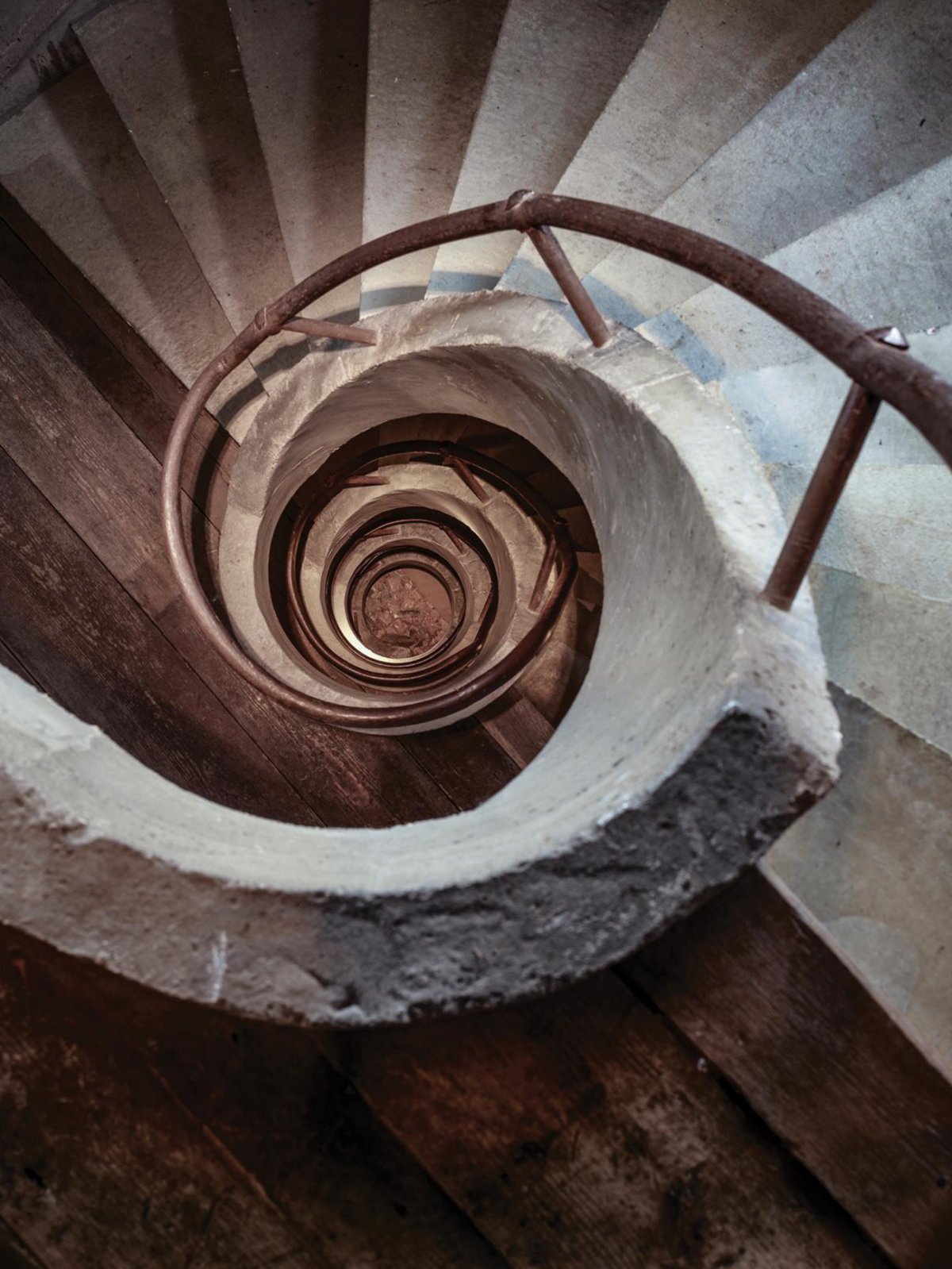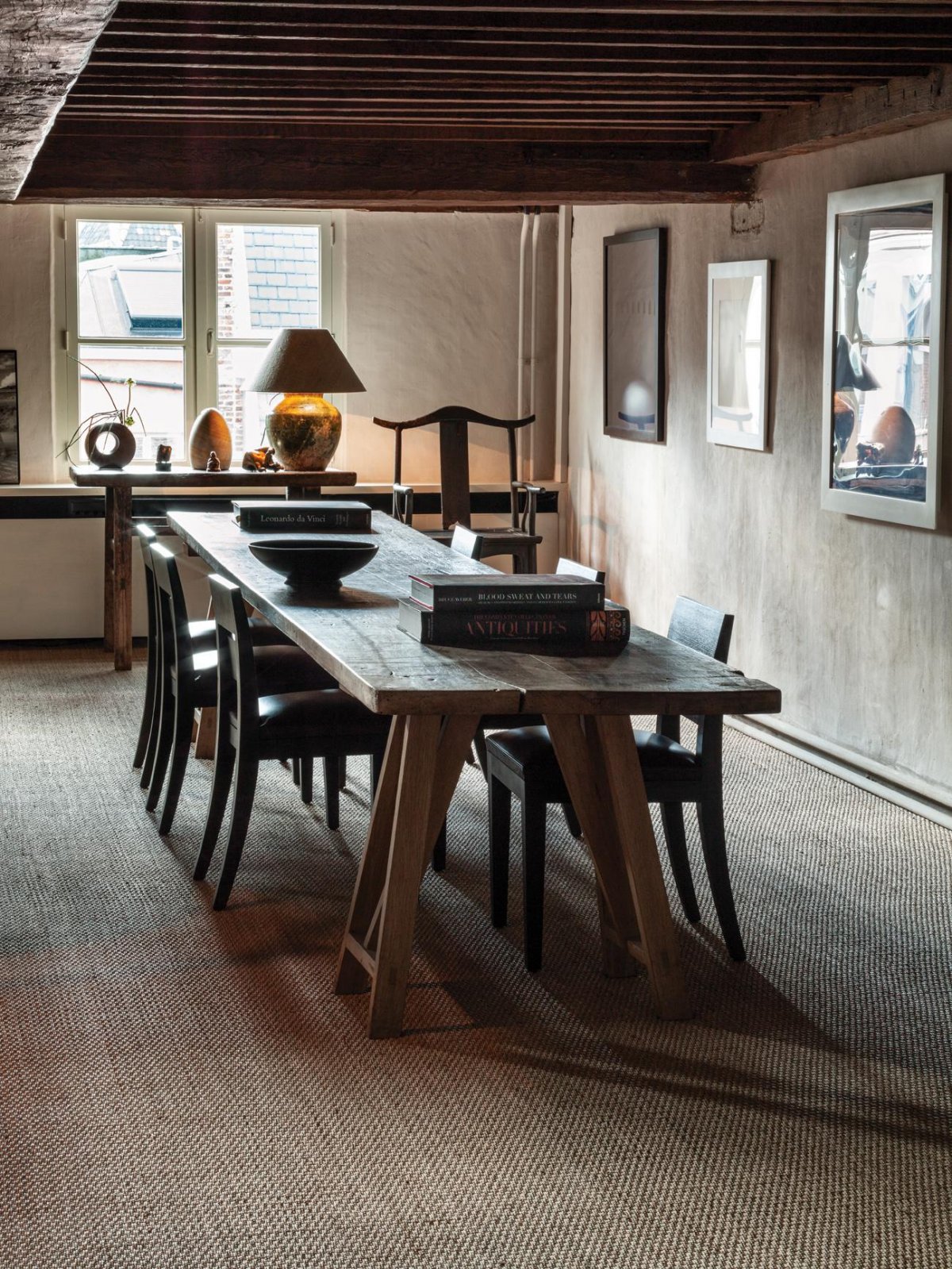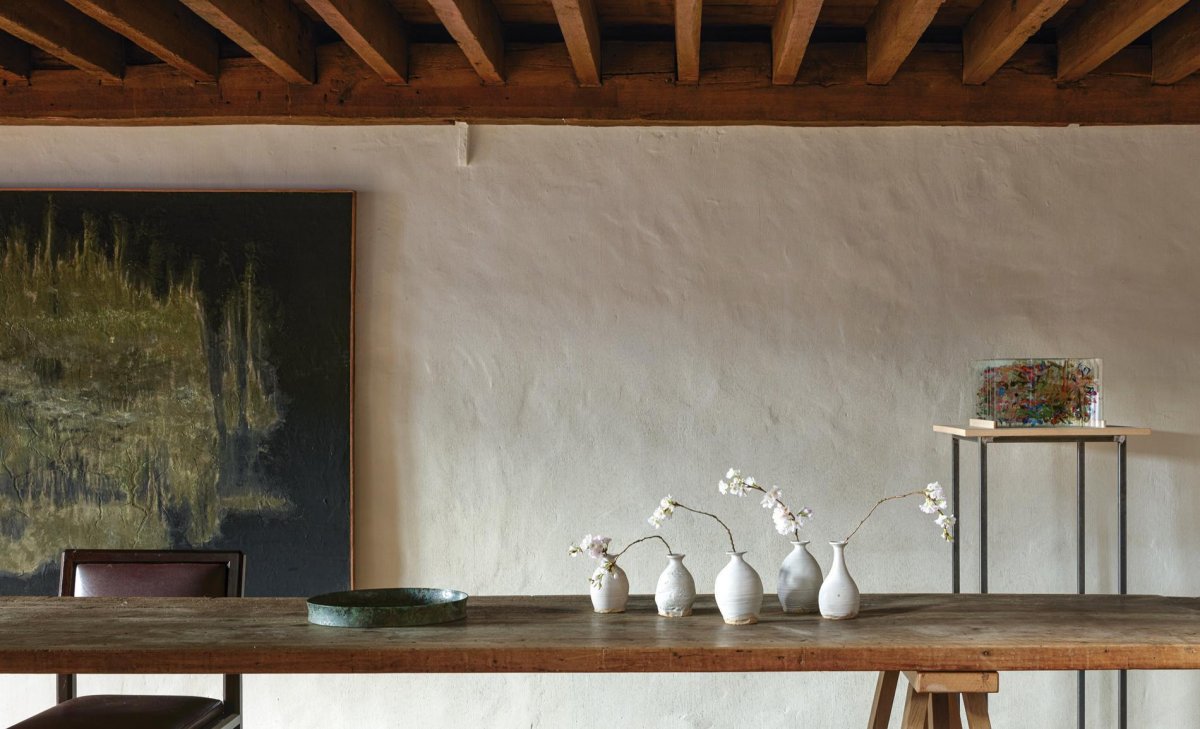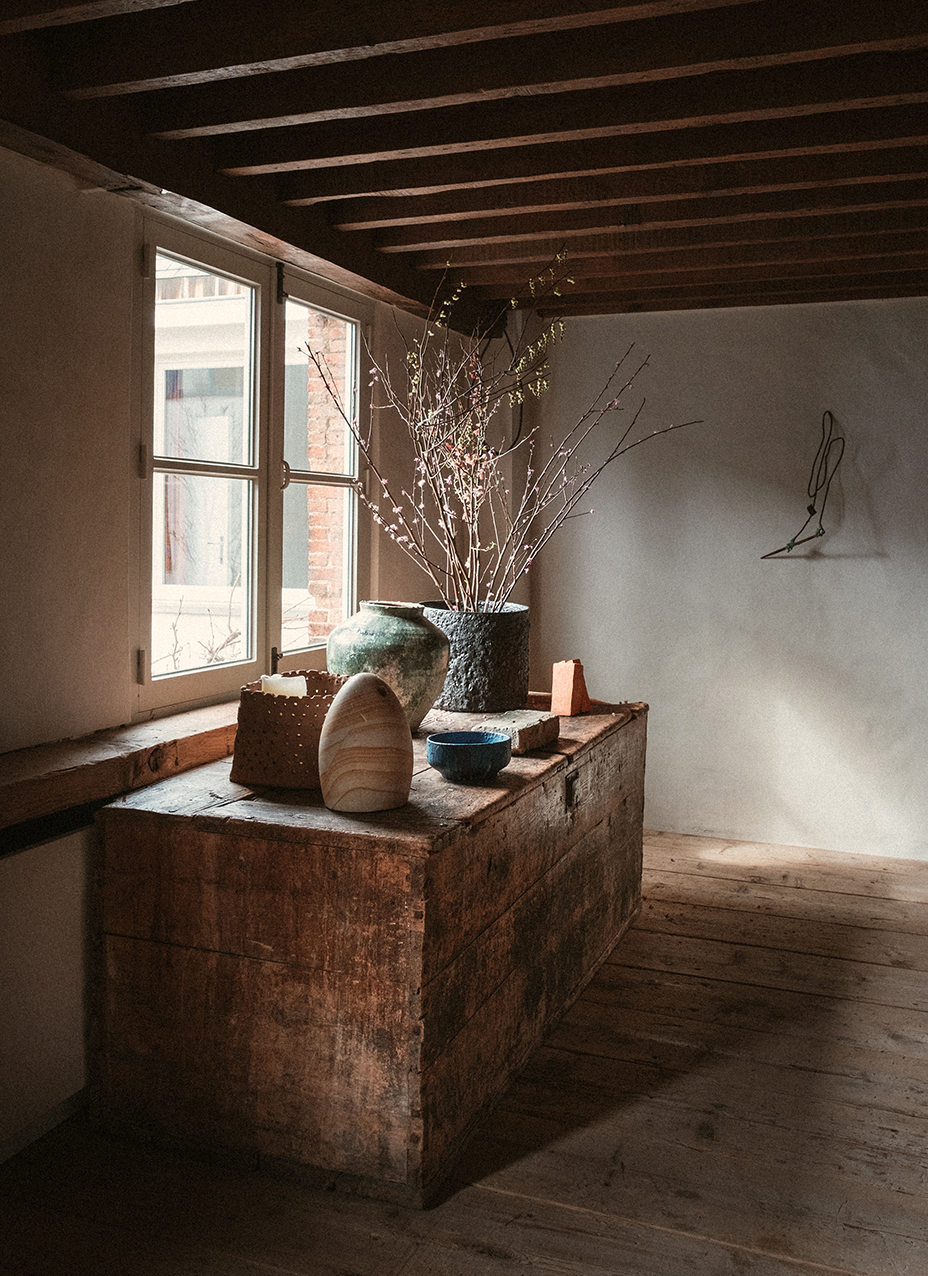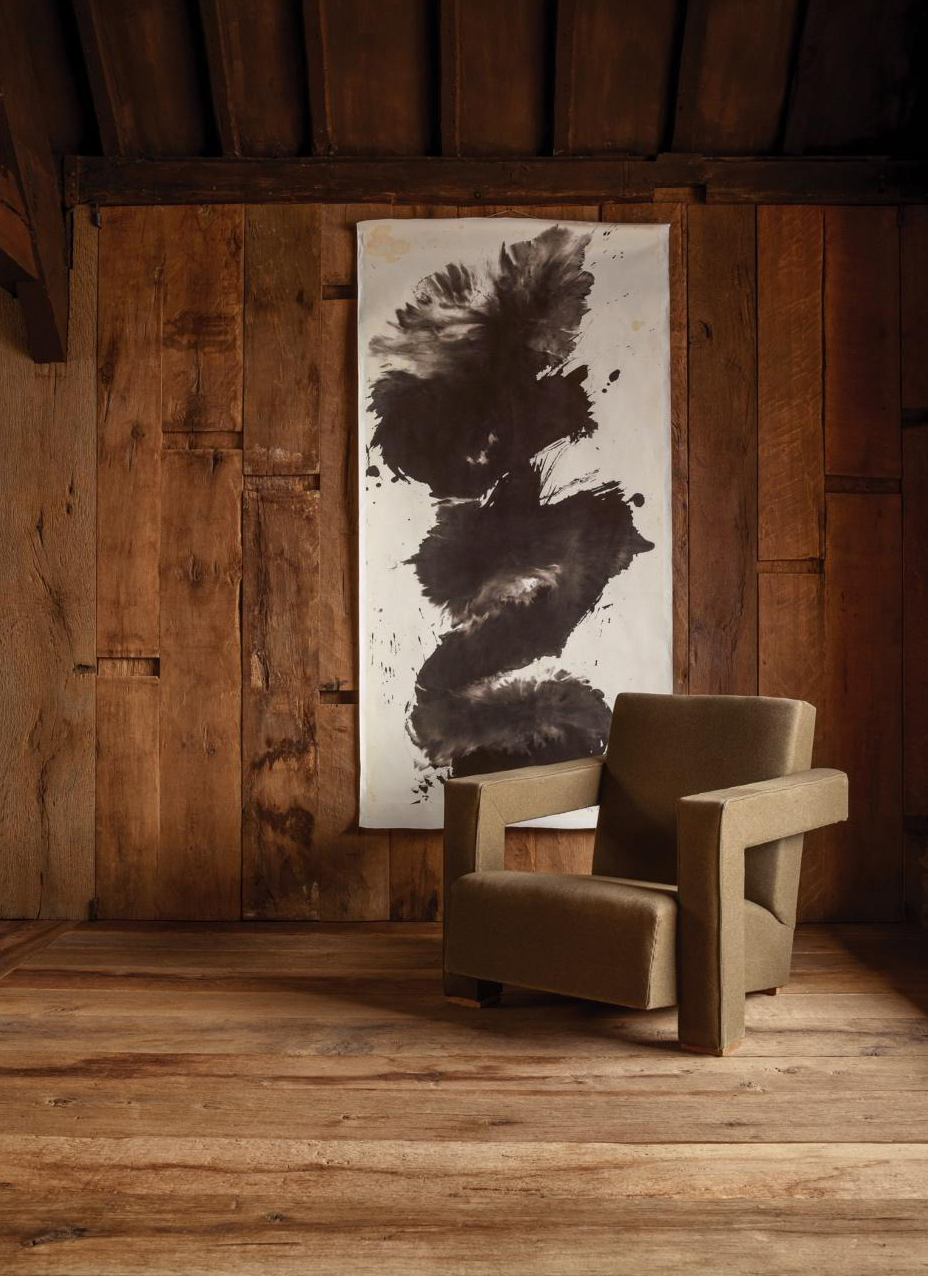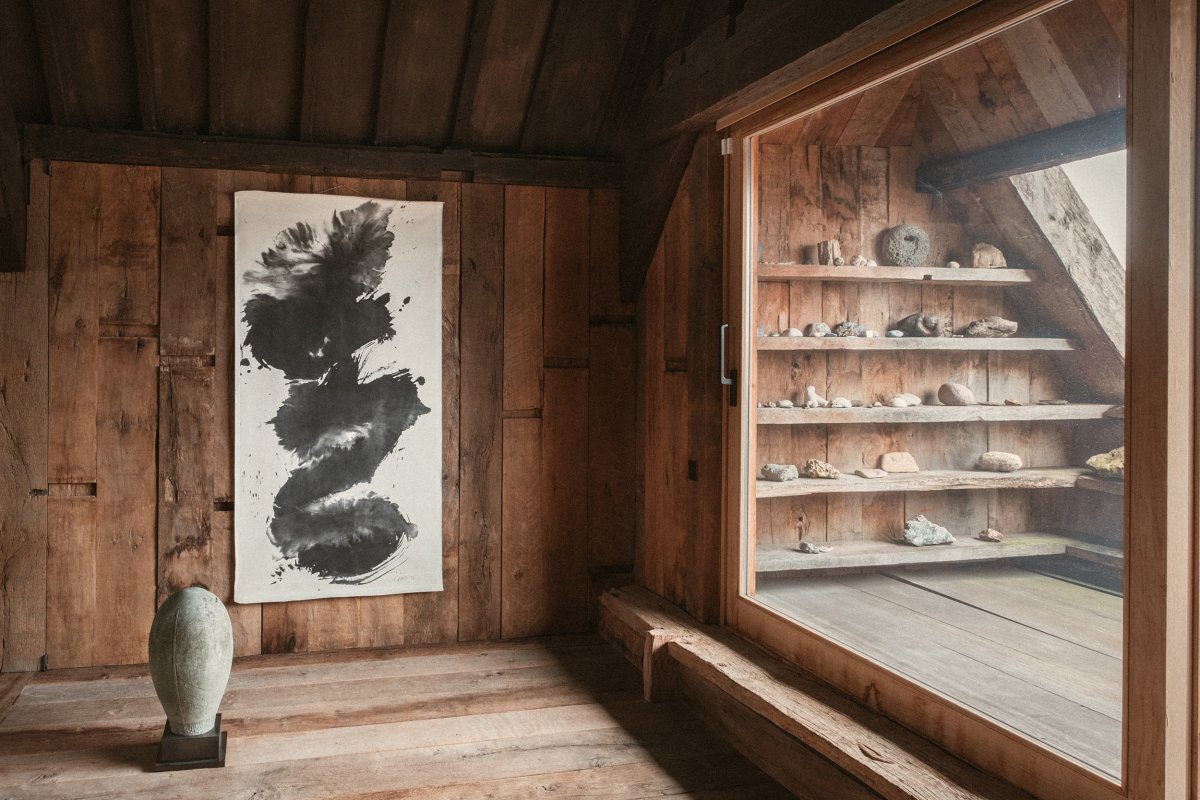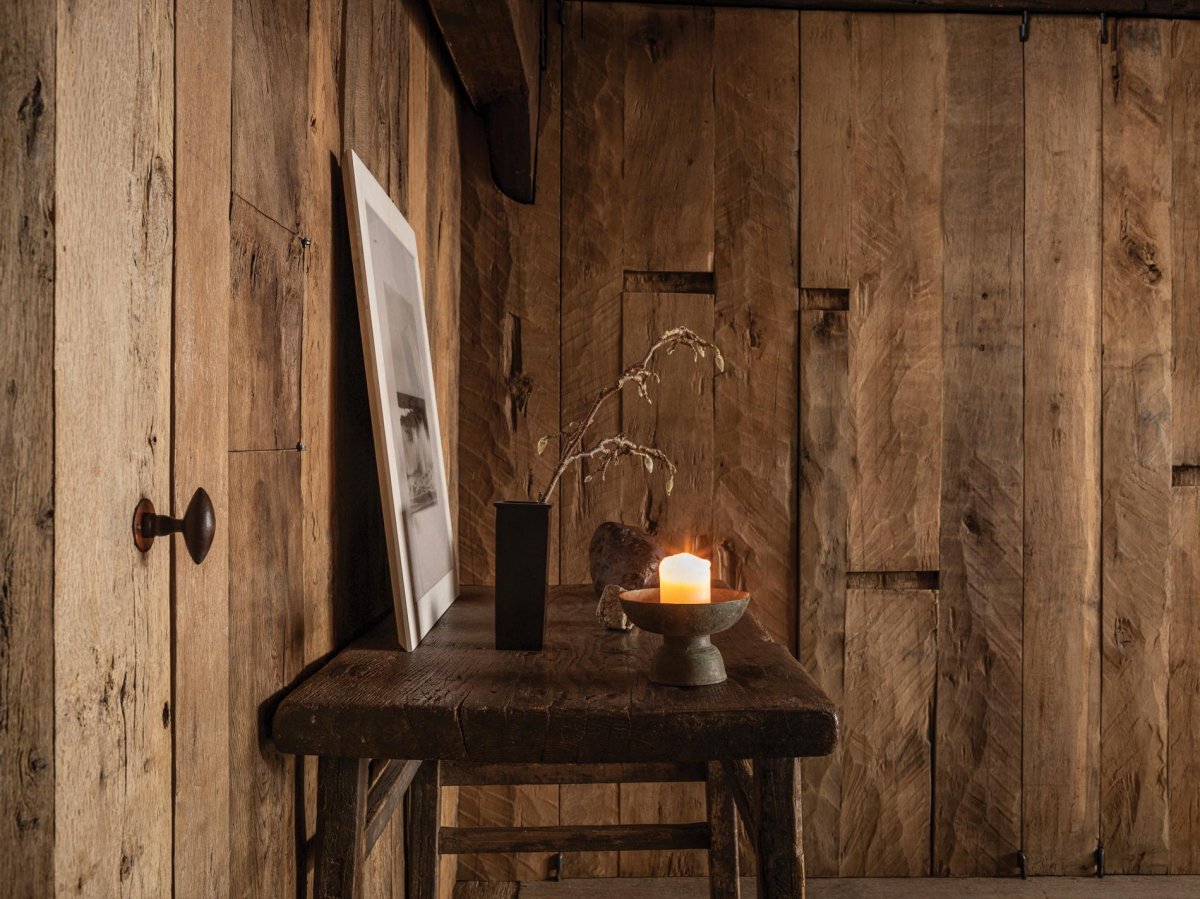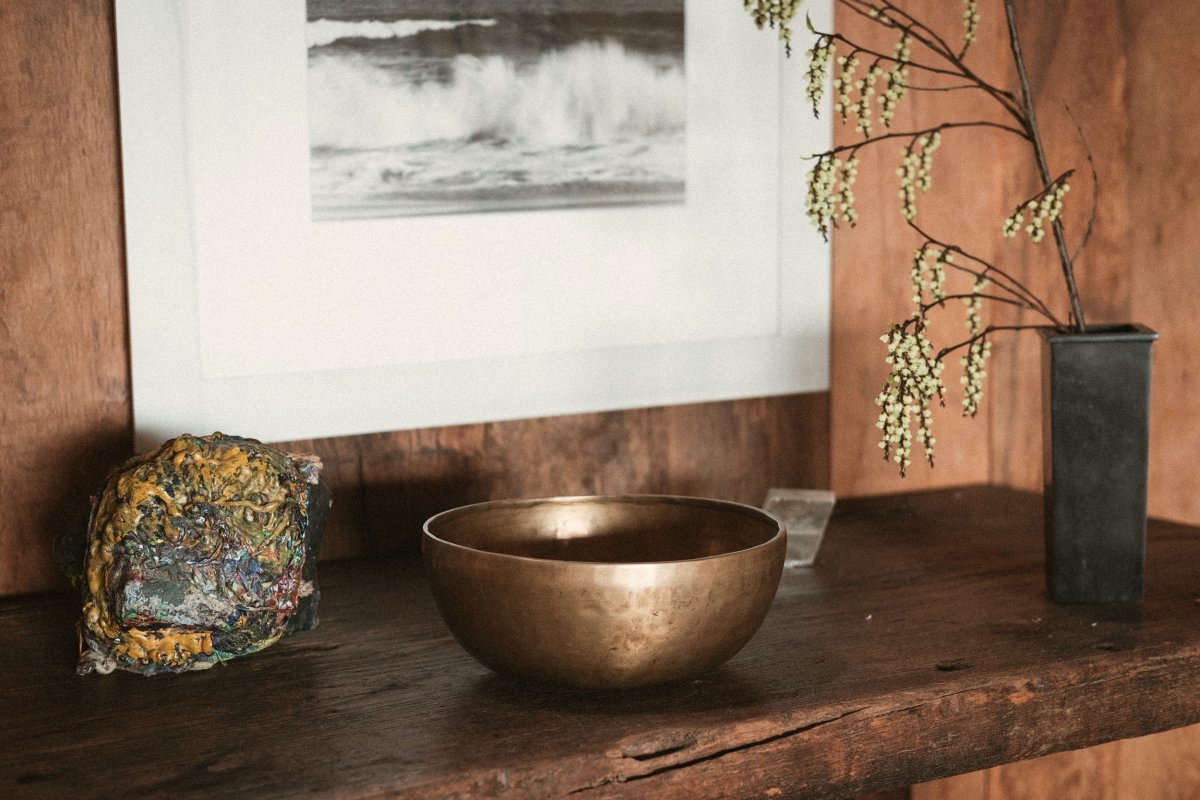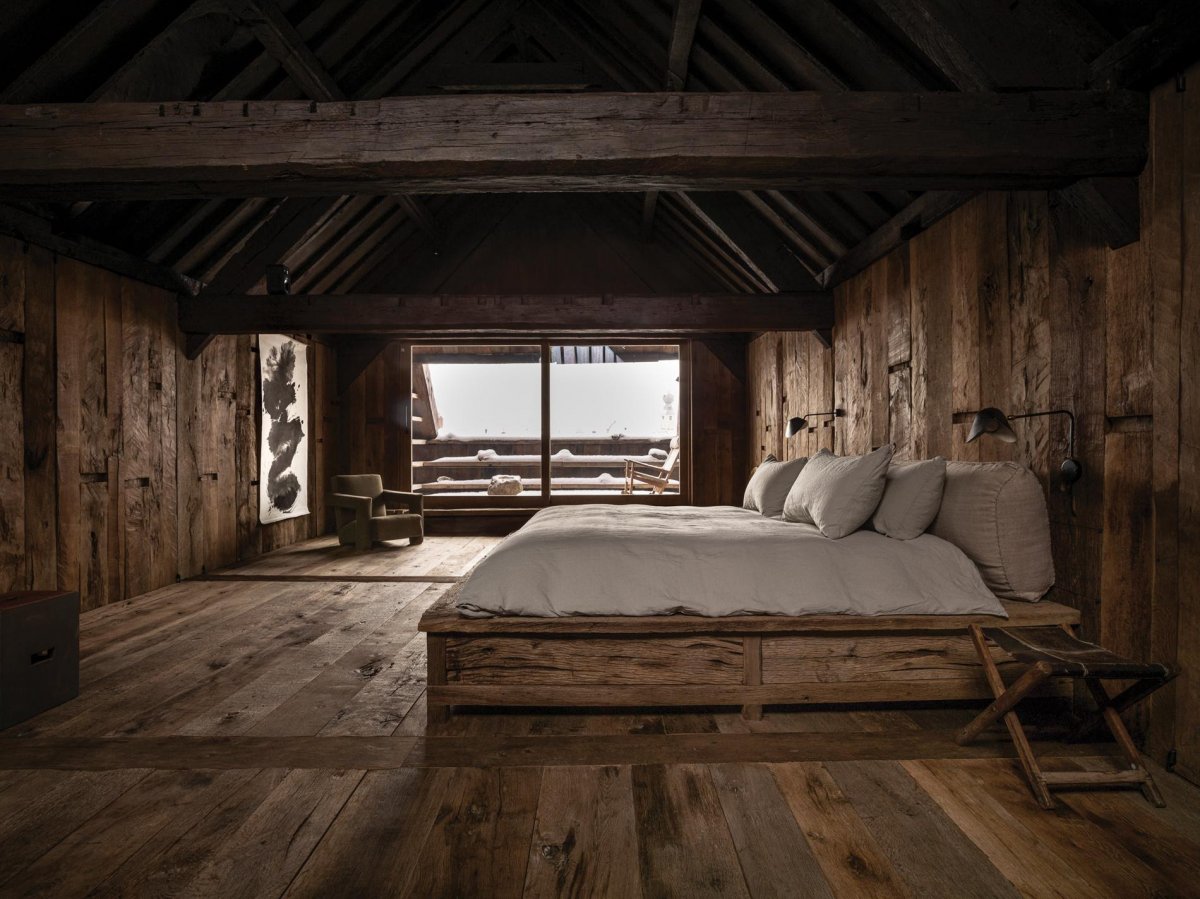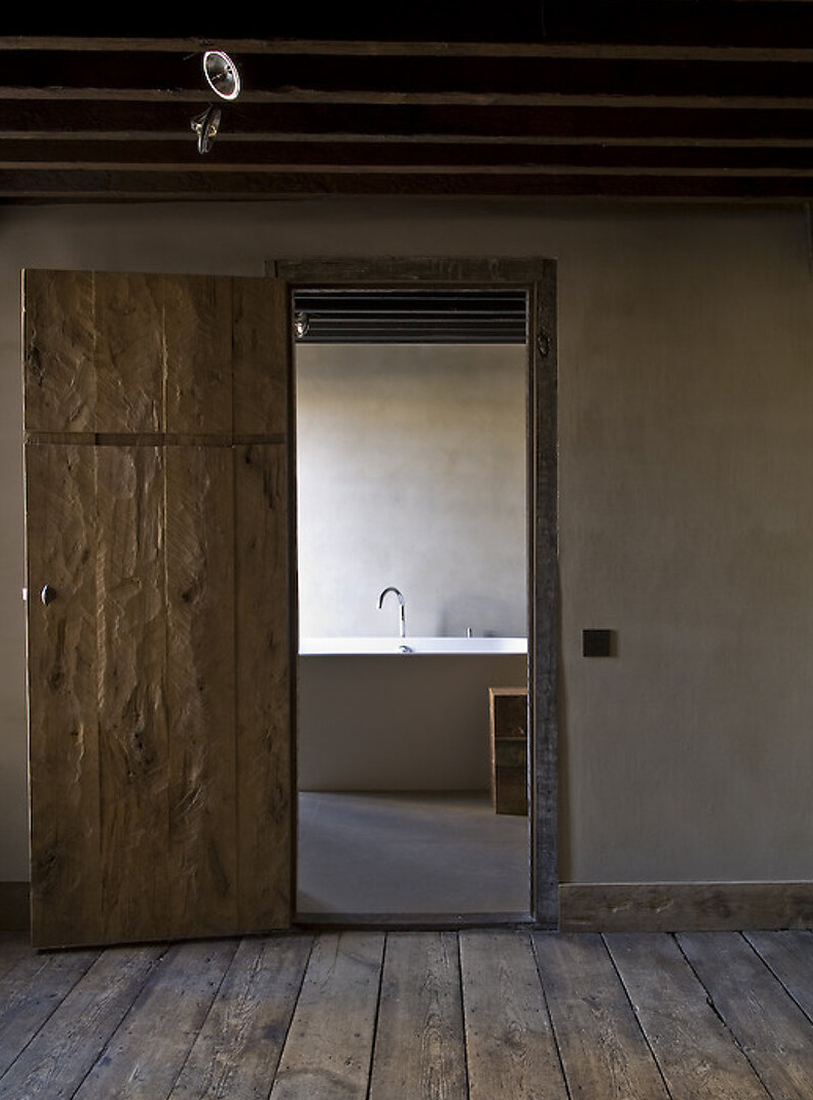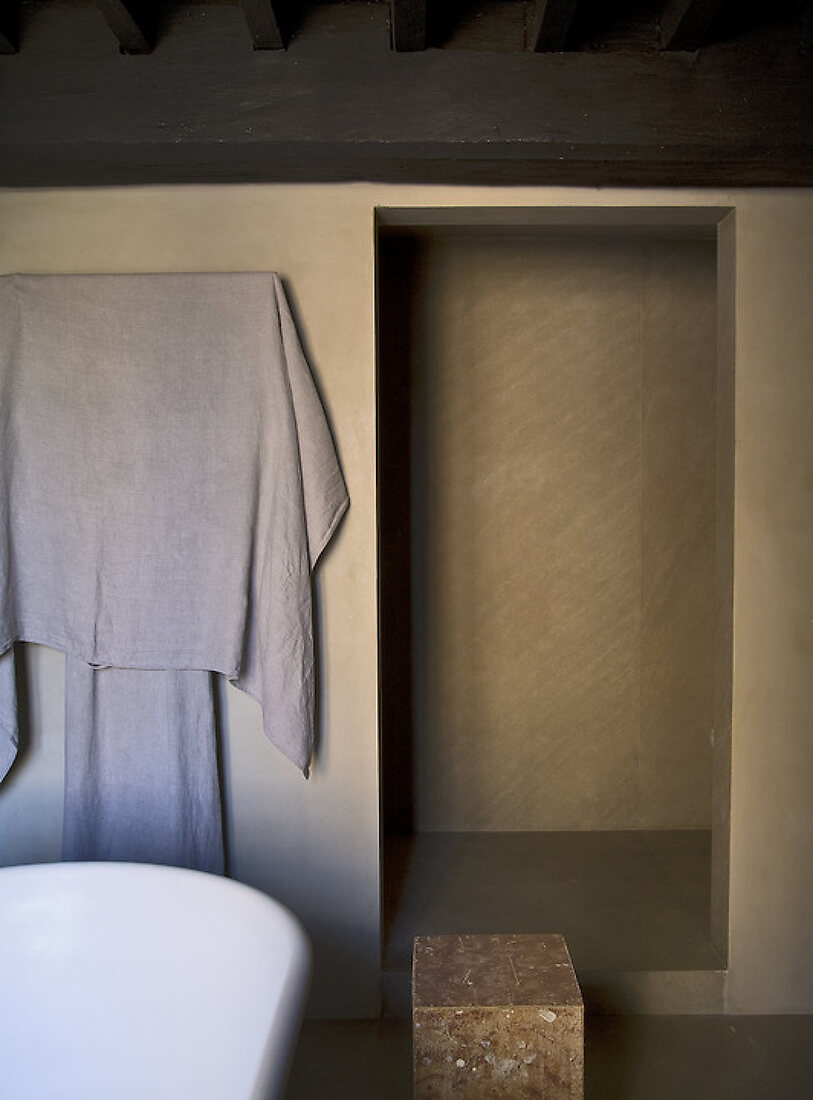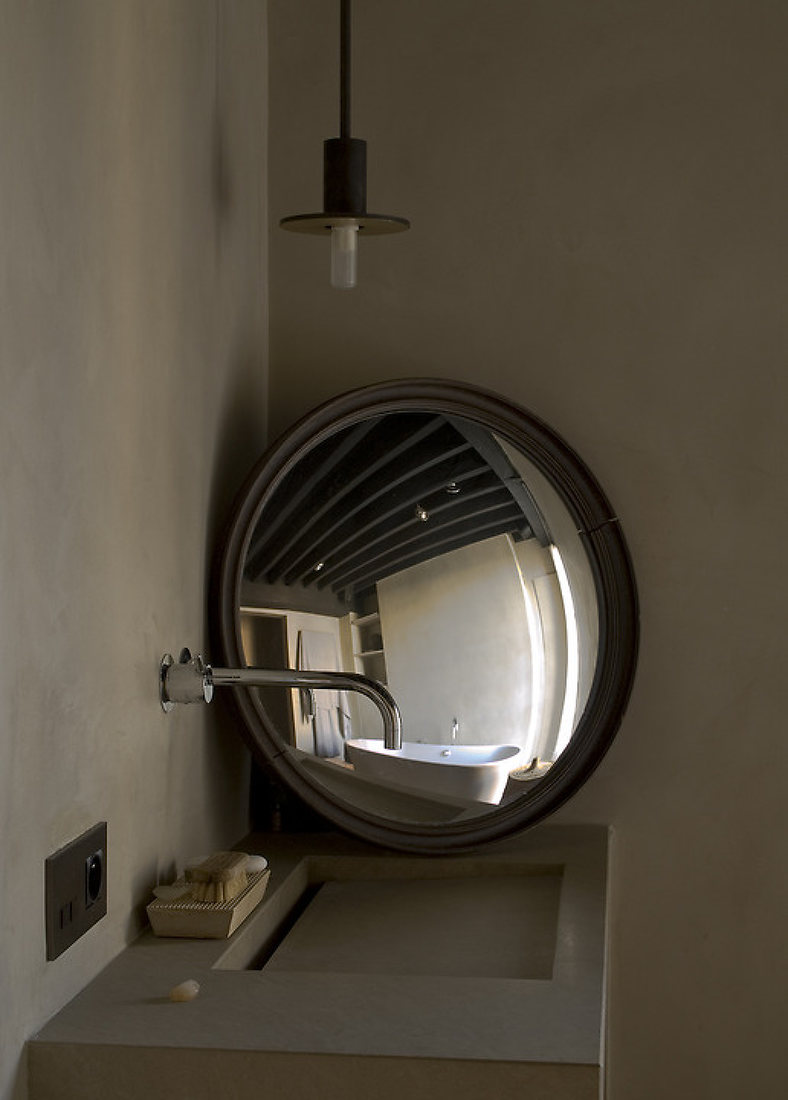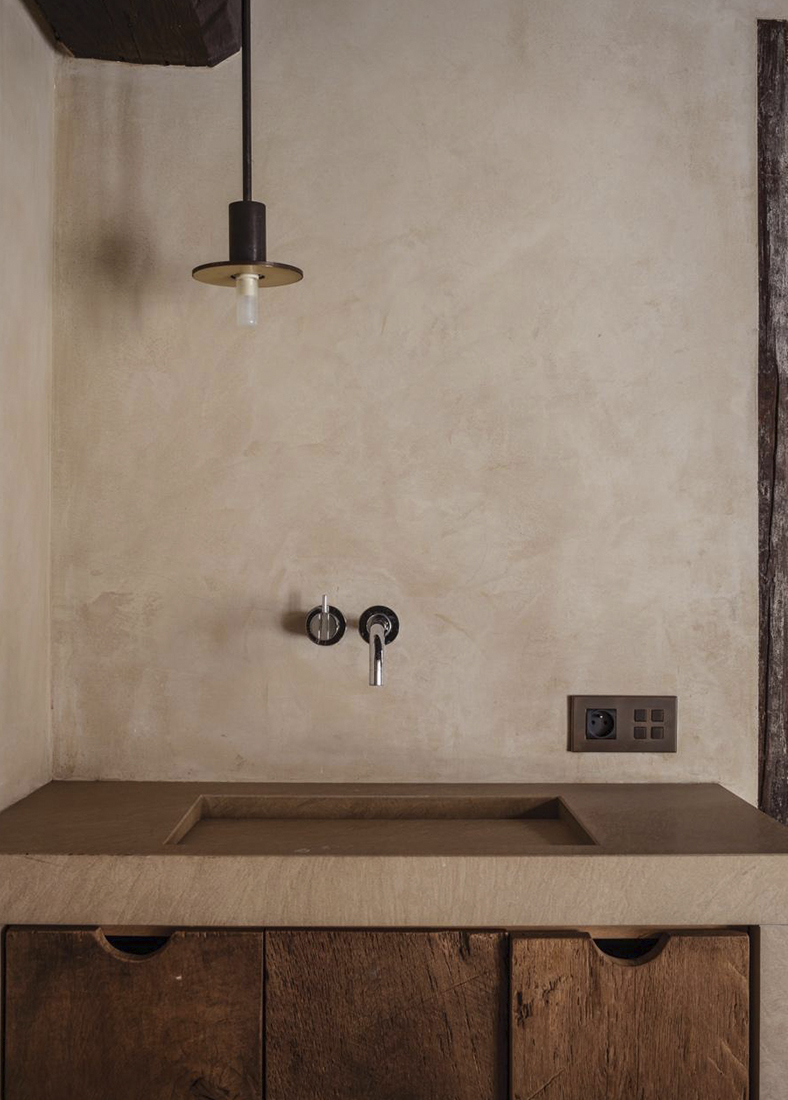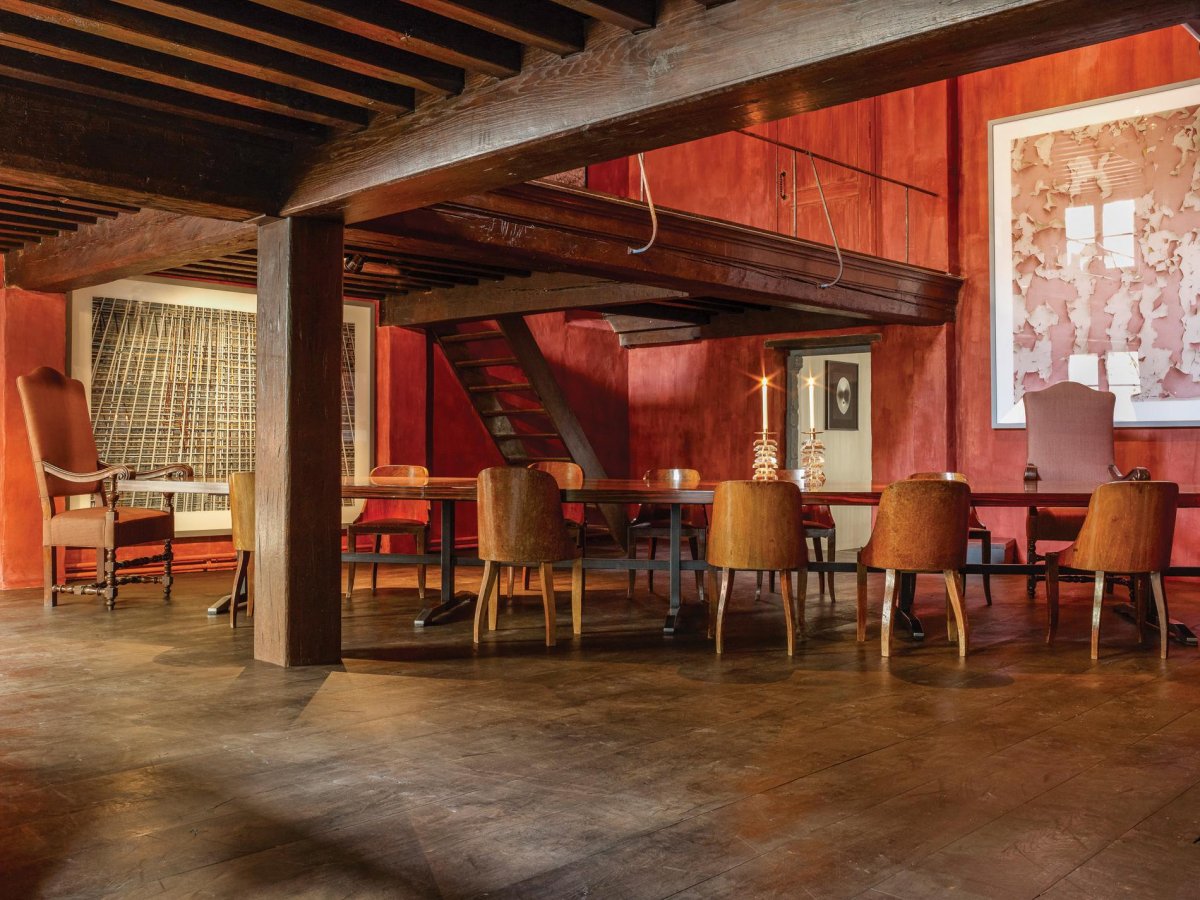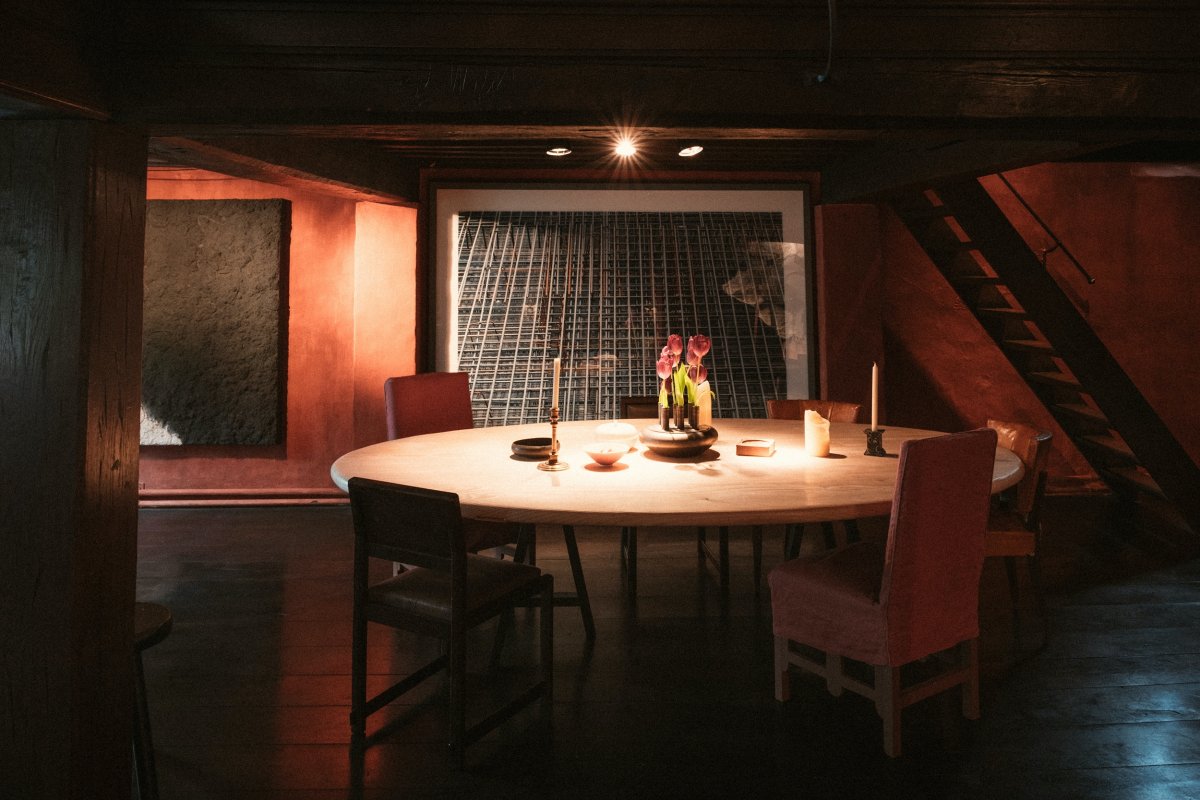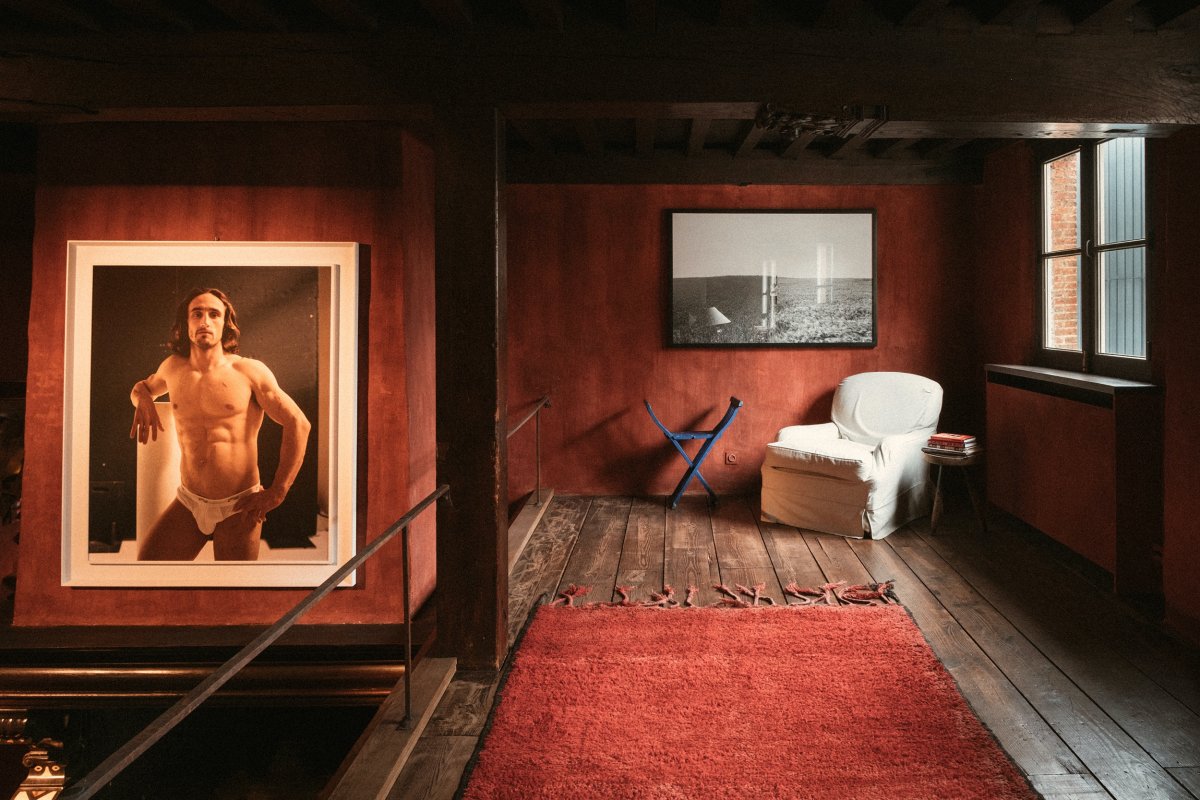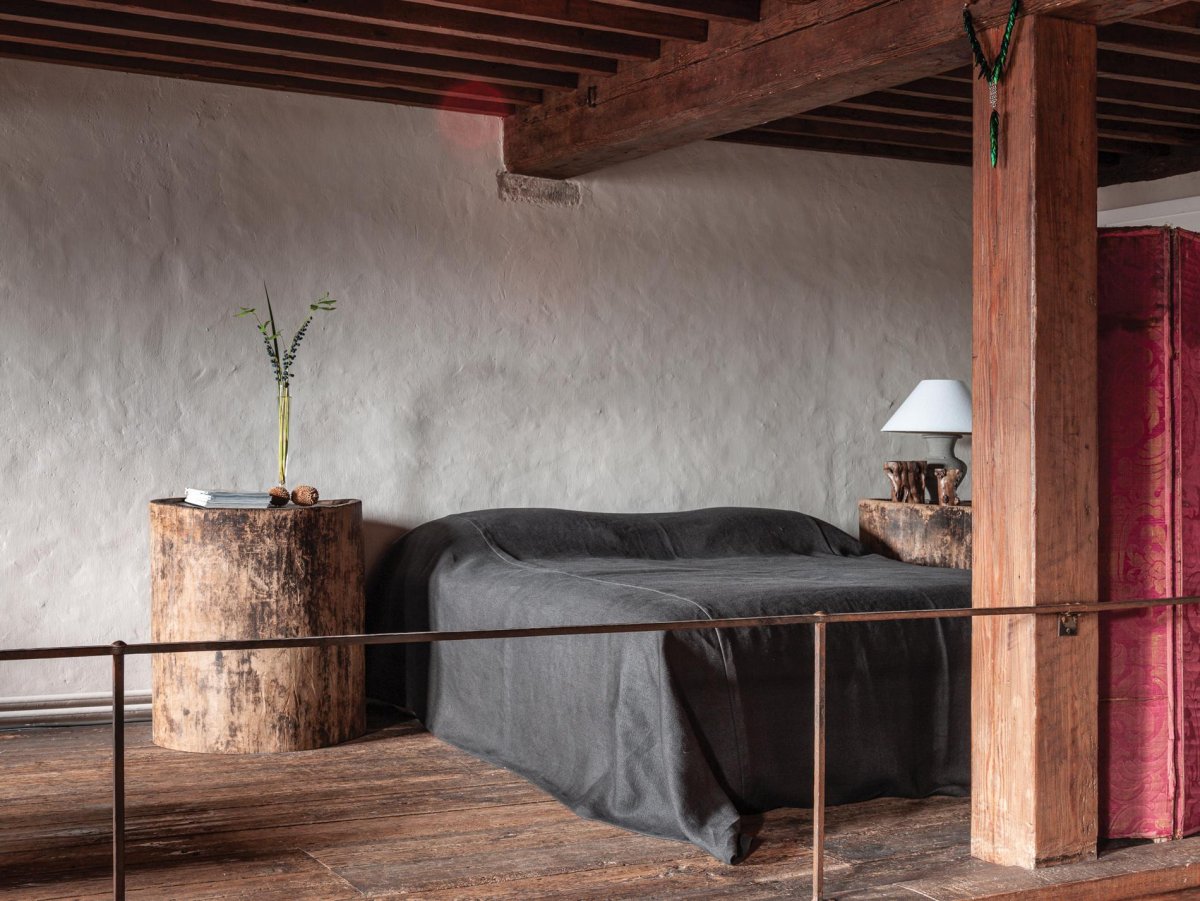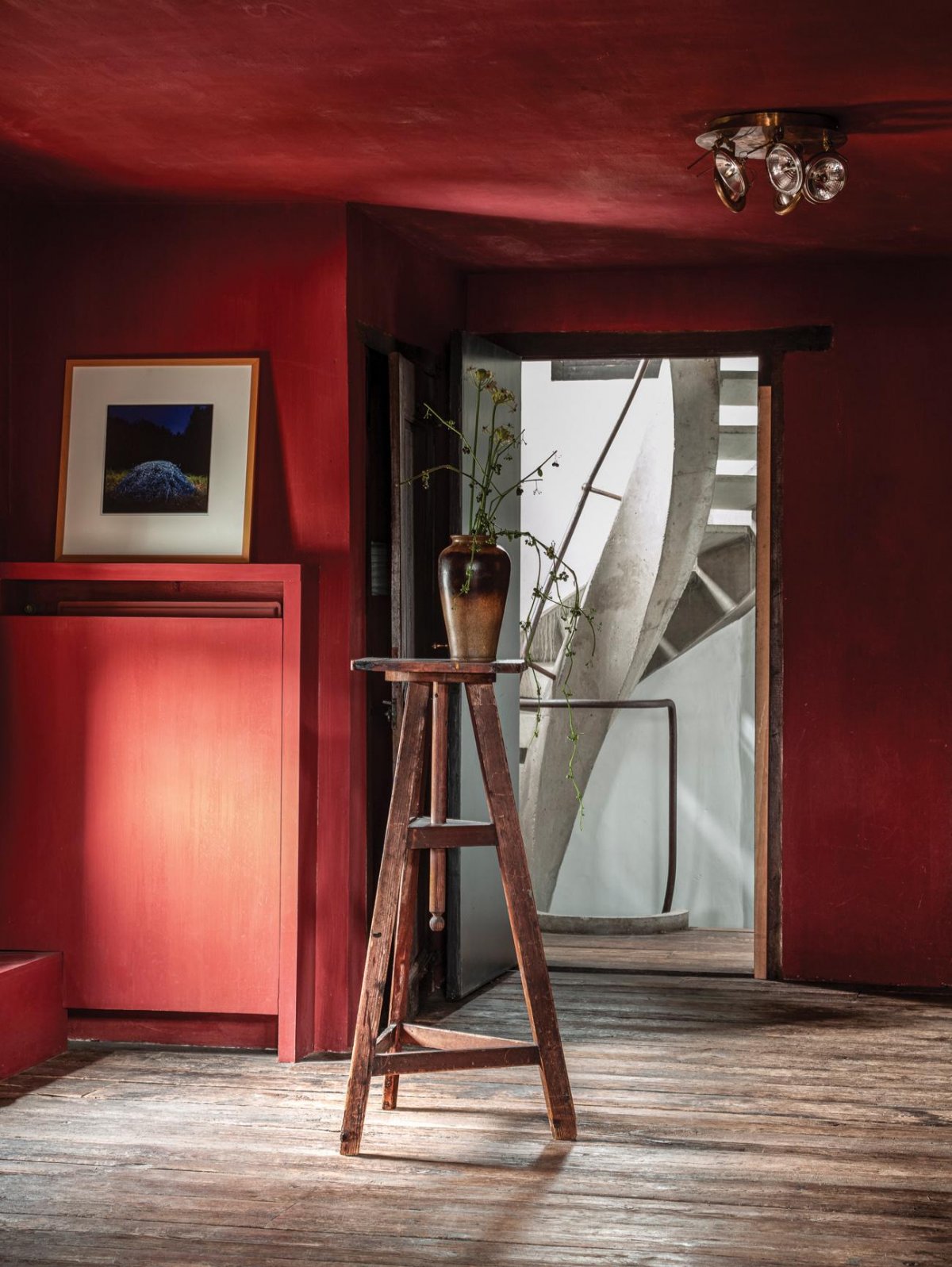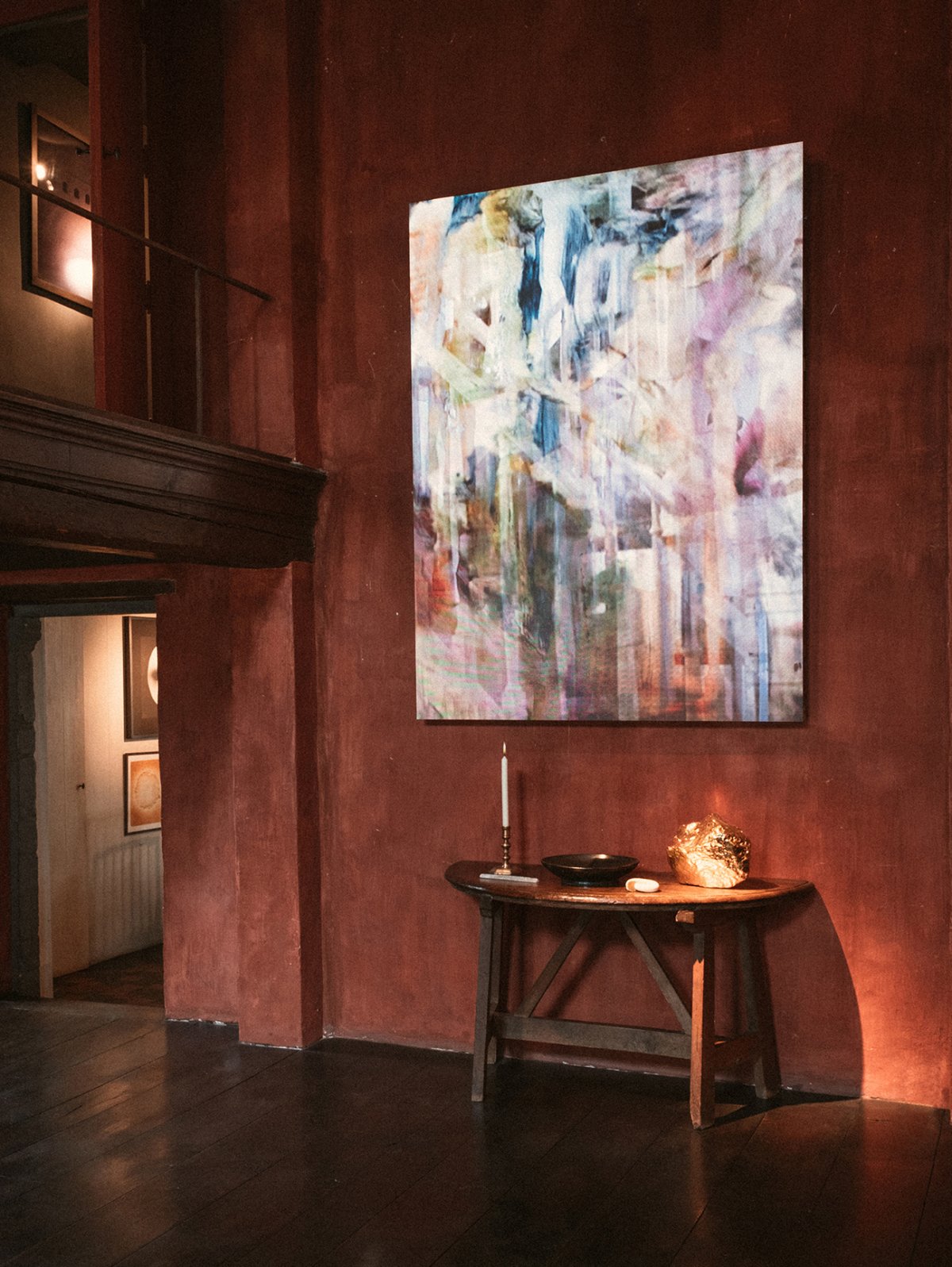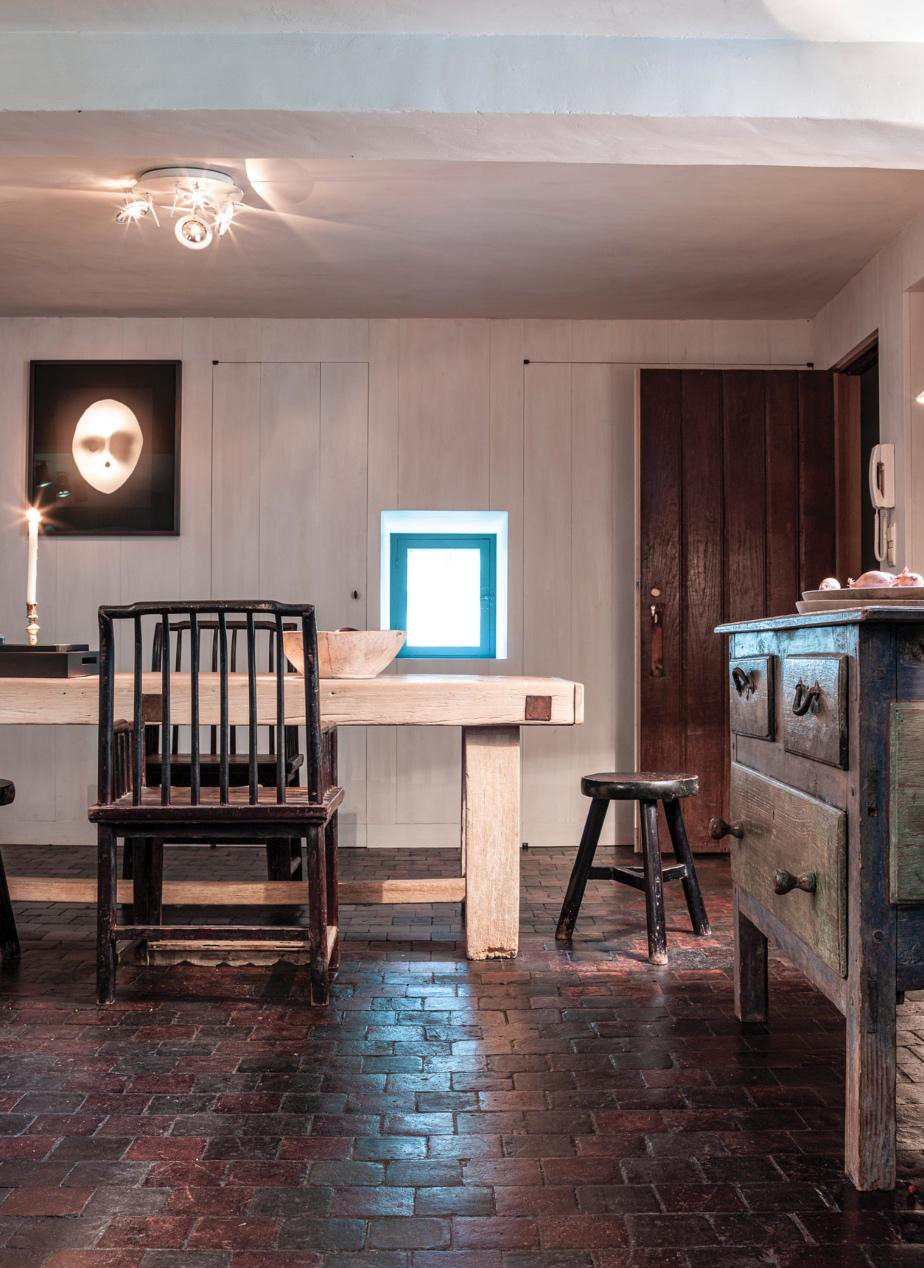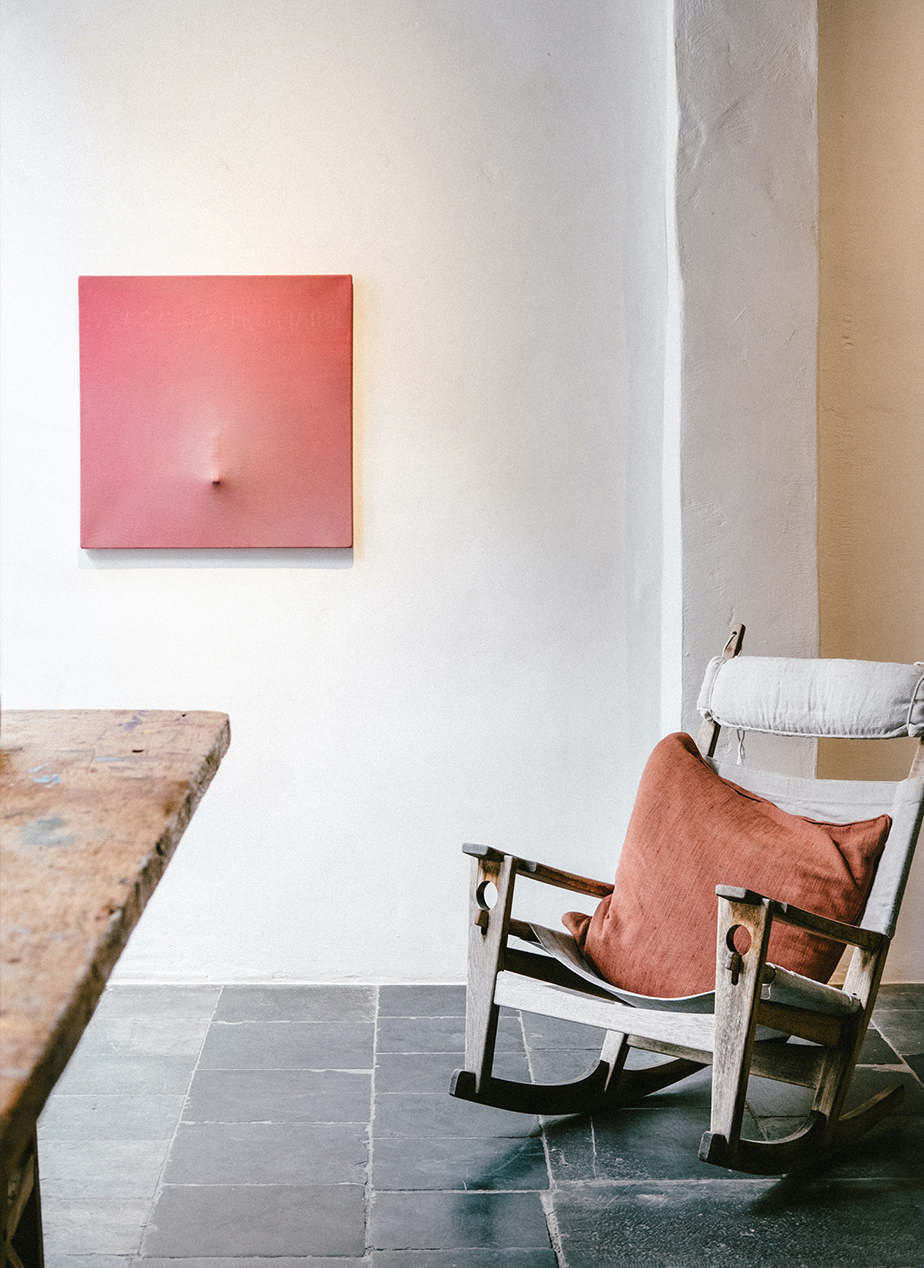
For Boris Vervoordt, the cultural influence of his family became a valuable nutrient in his personal growth. Under the influence of his father Axel Vervoordt (Master of Wabi-sabi), he gradually came into contact with the aesthetics of wabi-sabi and the spirit of Zen, and began to learn how to appreciate the original beauty of materials and the imperfections or imperfection of things.
Located in downtown Antwerp, Belgium, the house is transformed from an old 16th-century warehouse, with a strong wabi-sabi atmosphere and charm. He combines his personal aesthetic interest and contemporary works of art together, presenting a unique home style.
Boris Vervoordt: "Like my father, I am fascinated by old architecture." To evoke the unpolished elegance of the Wabi-Sabi aesthetic, the design of the interior and furniture leaves behind the texture of history and age, as one on the walls, furniture and other surfaces. The house can also be used as a gallery to collect objects and works of art that people like, which happens to be the design inspiration they get from it.
From the construction of materials, furniture ornaments, pottery, sculptures, art paintings and even architectural chimneys, all objects are unique, making Boris Vervoordt's residence look like a great palace of art. And a wide collection of beautiful things in eyes but with modest and docile performance attitude, always give a person a sense of peace and calm. This also fits Boris Vervoordt's best interpretation of wabi-sabi aesthetics and the Zen spirit.
- Interiors: Axel Vervoordt Boris Vervoordt
- Photos: K. Geudens.
- Words: Xran

